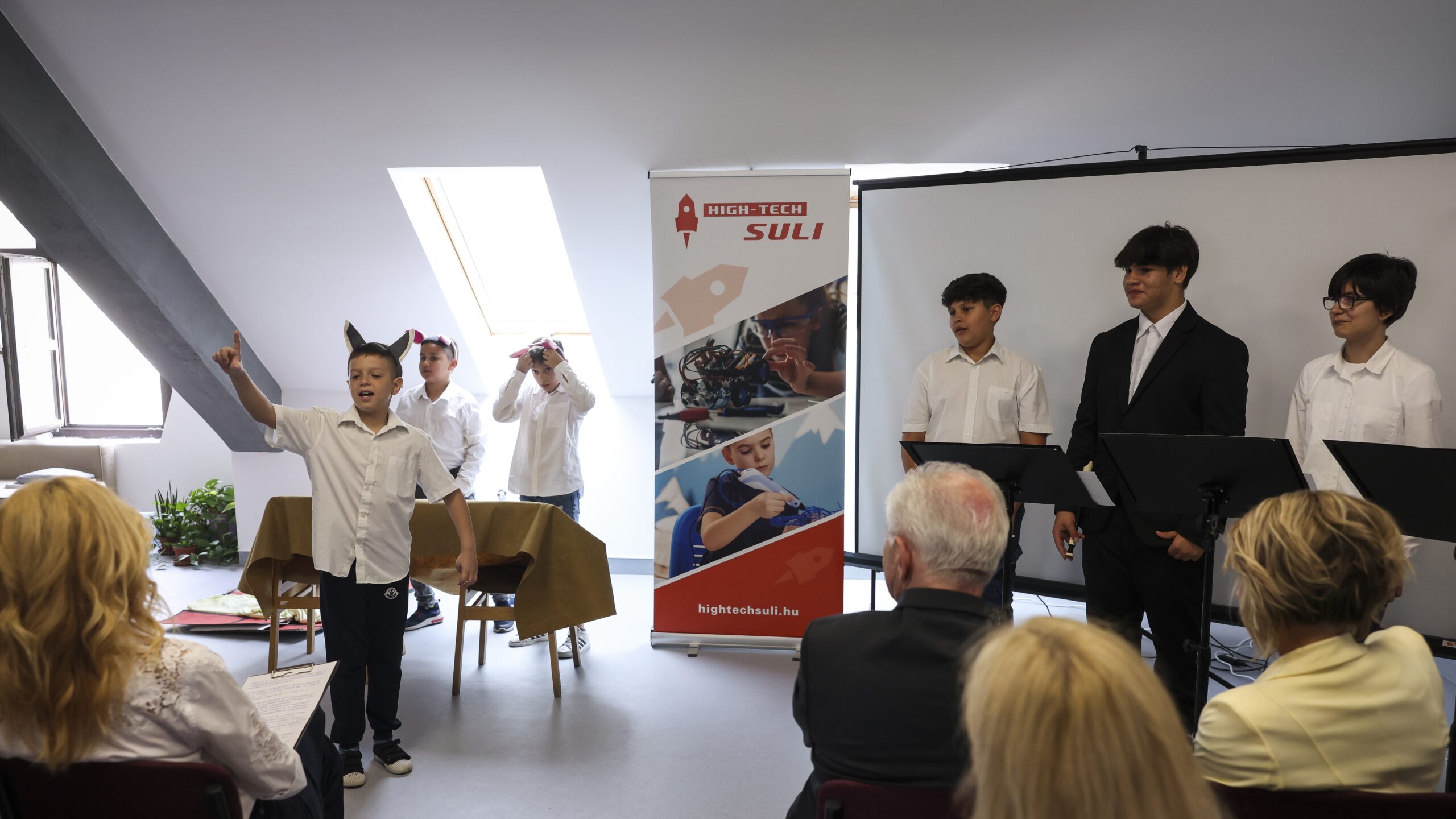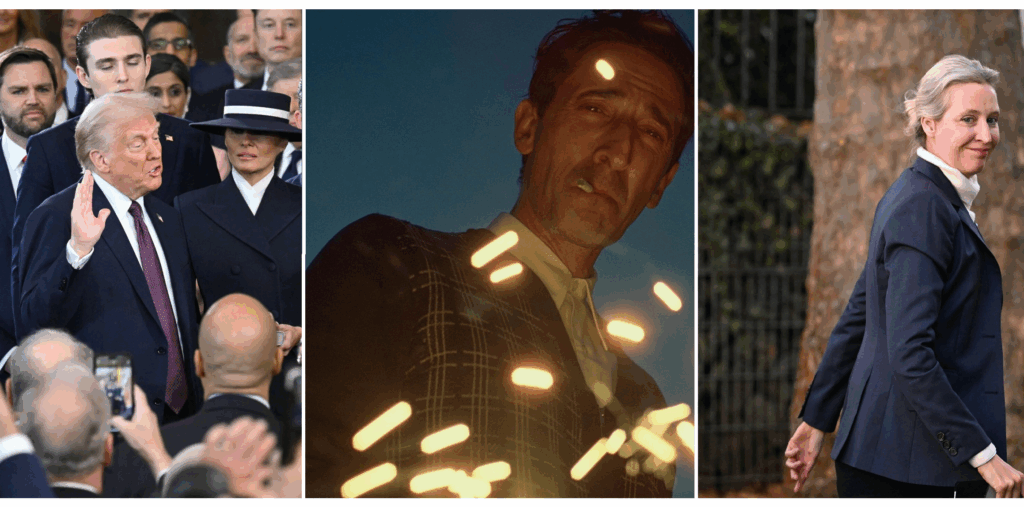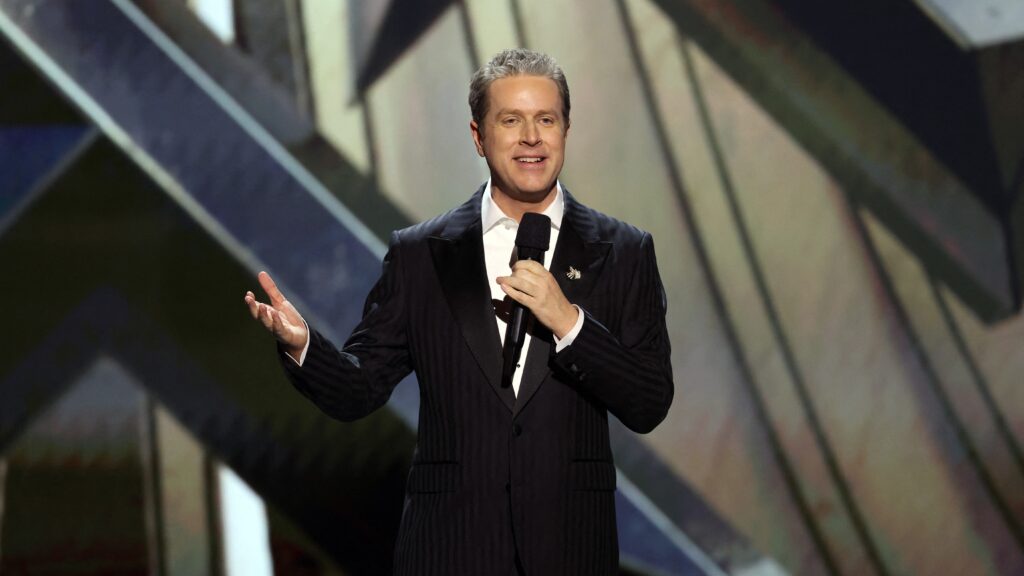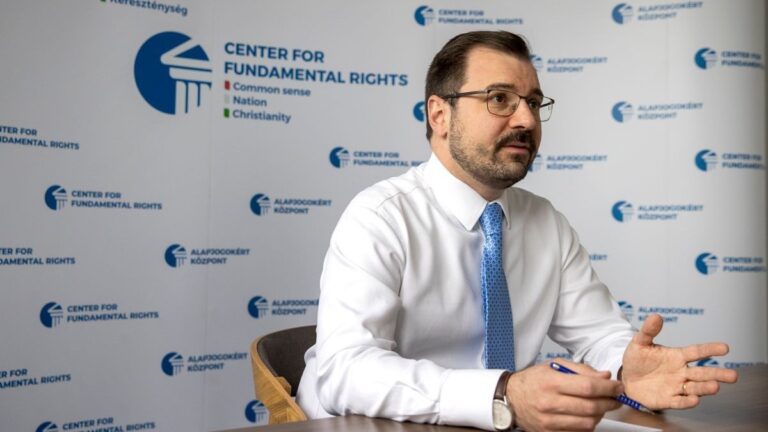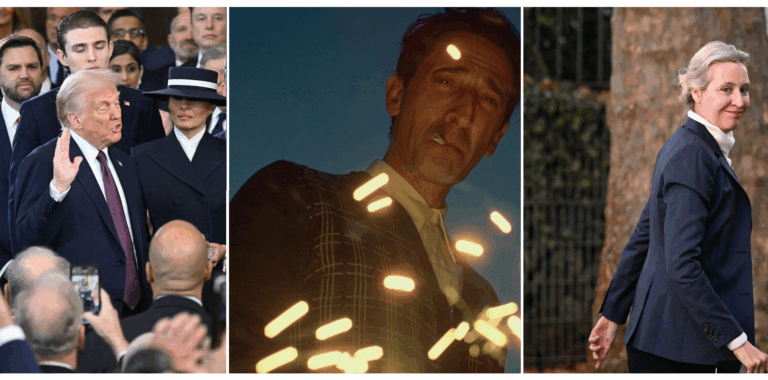For the first time, the most innovative teachers participating in the High-Tech School Programme were awarded by the Foundation for Innovative Education, Andrea Várkonyi, Chair of the Board of Trustees announced at the professional conference of the programme launched by the sponsoring Mészáros Group on Thursday in Budapest. At the event six teachers were honoured and received monetary awards.
Andrea Várkonyi highlighted that when they conceived the programme in 2020, their undisguised goal was to create a community ‘that is good to belong to’. ‘We can say that this goal has been achieved’, she stated. She added that since last year, six new educational institutions have joined the High-Tech School Programme, which offers much more than just well-equipped classrooms to students and teachers. The Chair of the Board of Trustees announced that nearly 1.5 billion forints have been invested in the High-Tech School Programme so far. She stressed that they do not support education and children because ‘it sounds good’, but because this field is truly close to their hearts.
In her welcome speech, Krisztina Kelemen, Communications Director of the Mészáros Group, emphasized that social responsibility plays an extremely important role in the company’s business activities, with a particular focus on creating equal opportunities for young people and children. According to her, the High-Tech School Programme—which currently involves 40 education institutions—provides tremendous support to schools and significantly contributes to talent development and closing the achievement gap.
Gabriella Hajnal, Chair of the Klebelsberg Centre (KK), said that the High-Tech School stimulates children and teachers to be constructive and creative with tangible tools and methodological elements, fostering problem-solving thinking.
‘These classrooms are designed so that whatever a child imagines, they can bring it to life’, she emphasized, noting that the goal is to make these tools usable in any lesson, regardless of subject. Highlighting the importance of experiential learning, Hajnal pointed out that natural sciences cannot be made appealing to children through traditional frontal teaching, but only through experience, where students ‘do, measure, and see things themselves’. She added that it is particularly worthwhile to hold some lessons in external locations, such as outdoors or in museums. The Chair of the Klebelsberg Centre also identified the most important task of schools as making children enjoy attending school. ‘Everyone should dare to dream big; we are not on the wrong path in education, but we can make it even better’, she continued, adding that there are many talented teachers and children who use ‘amazingly good’ methods and tools, which should be promoted nationwide.
Ádám Horváth, Professional Director of the High-Tech School Programme, said that the programme’s primary goal is to create opportunities. ‘We are not looking to bring the best out of a pre-selected group of students, but rather to create an environment in any institution that gives all children a chance at a successful life’, he explained, adding that this goal can indeed be achieved with the right tools, carefully chosen classroom layouts, and the use of pedagogical methods.
The High-Tech School Programme has become one of the country’s most comprehensive institutional development initiatives in recent years. ‘This year, the programme contributed a total of 260 million forints to supporting students’ innovative education and career orientation, preparing them for the future and helping them with their future employment opportunities’, the Foundation said in their press release.
Related articles:

